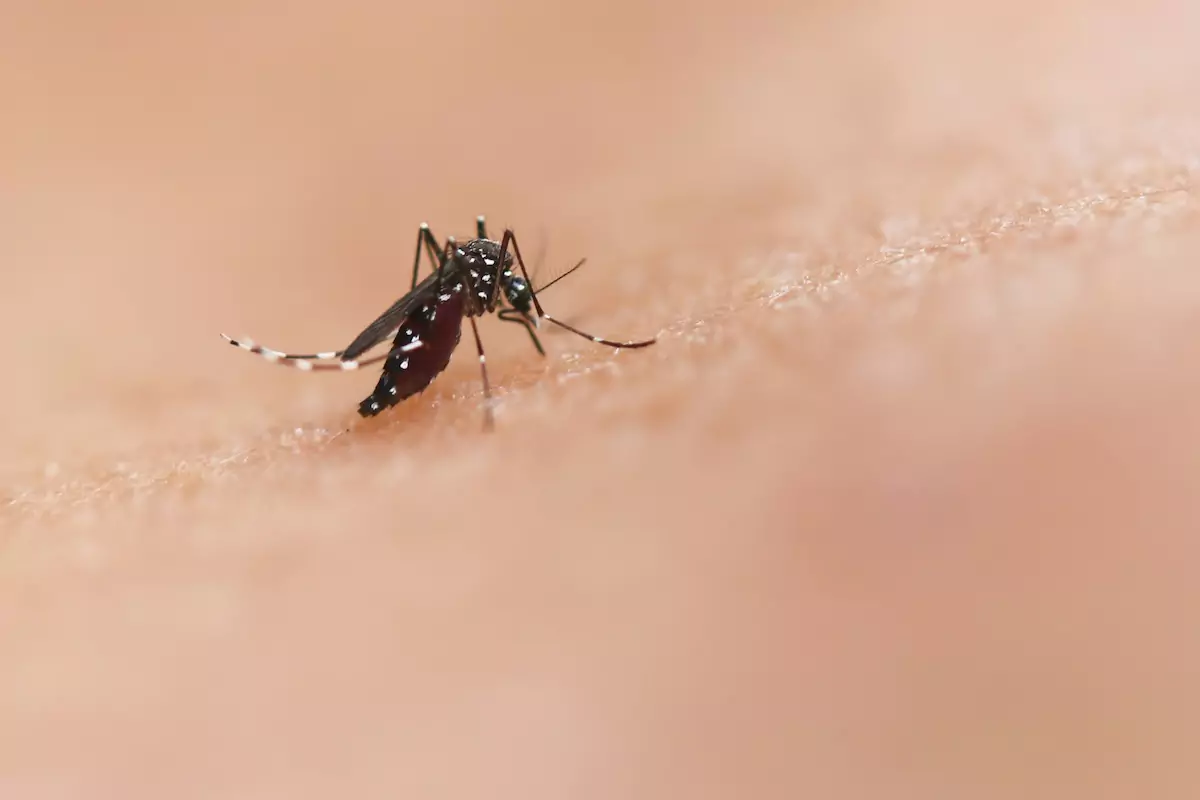On 21st August, Santé publique France issued a sobering mid-summer alert: France is witnessing a historic surge in indigenous cases of chikungunya, dengue, and West Nile virus – all transmitted via mosquito bites.
As of 19th August, authorities have identified 27 local outbreaks of chikungunya, resulting in 154 confirmed cases – a sharp rise from the 23 outbreaks and 115 cases recorded just a week earlier. Santé publique France describes the situation as “an unprecedented summer”. Previous years had never seen more than around 30 cases of chikungunya in mainland France.
Gradual but rising dengue incidence
Dengue cases, also spread by the tiger mosquito Aedes albopictus, are increasing. As of 19th August, there were seven active clusters with 13 cases, up from six clusters and 11 cases the prior week. Though still below the total recorded in the summer of 2024, which stood at 66 cases, the upward trend is clear.
West Nile virus spreads further north
The West Nile virus, transmitted primarily by the common Culex mosquito rather than the tiger mosquito, is also spreading. This summer has seen 13 human cases so far, including cases in Provence-Alpes-Côte d’Azur.
Underlying causes: expansion of the tiger mosquito and climate change
Entomologist and Pasteur Institute researcher Rachel Bellone told France 3 that these outbreaks are driven by the widespread colonisation of France by the tiger mosquito, combined with travellers importing infections, which then spark local transmission when bitten by infected mosquitoes. She noted that “we have already nearly matched last season’s total before even reaching the peak period”.
Aedes albopictus, first detected in southern France in 2004, has since colonised almost all of metropolitan France, thriving thanks to its resilience and adaptation to changing climates. Warming summers and persistent heatwaves, like those experienced this year, have facilitated its spread and increased the risk of transmission.
Symptoms and public health advice
Chikungunya, dengue, and West Nile virus often present with flu-like symptoms such as fever, muscle pain, and fatigue, making early diagnosis challenging. Santé publique France is urging vigilance in reporting suspected cases for swift response. Prevention remains focused on individual protection – using repellents, wearing long clothing, and eliminating stagnant water to disrupt mosquito breeding cycles. Local surveillance and containment are also seen as crucial to preventing further spread.
What this means for Monaco
Although Monaco benefits from robust local mosquito monitoring, the ongoing surge in neighbouring France is a serious reminder on the importance of vigilance, preparedness, and swift vector control.
Stay updated with Monaco Life: sign up for our free newsletter, catch our podcast on Spotify, and follow us across Facebook, Instagram, LinkedIn, and Tik Tok.
Photo credit: National Institute of Allergy and Infectious Diseases, Unsplash
